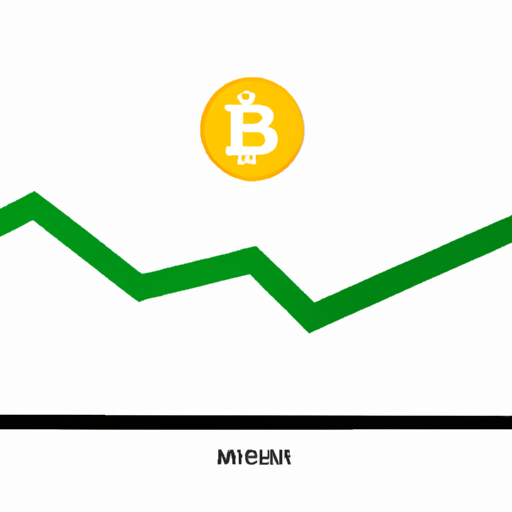The SEC’s Approval of Bitcoin ETFs: A Financial Avenue Amidst Rising National Debt
Key Points:
- The SEC’s approval of Bitcoin ETFs presents a promising opportunity for investors.
- Bitcoin’s inclusion in traditional investment portfolios diversifies risk.
- The growing concerns surrounding U.S. national debt highlight the need for alternative financial avenues.
- Bitcoin ETFs offer accessibility and liquidity to investors previously hesitant to enter the crypto market.
The recent decision by the U.S. Securities and Exchange Commission (SEC) to approve Bitcoin exchange-traded funds (ETFs) has sparked waves of excitement among investors, providing a new financial avenue amidst the backdrop of surging U.S. national debt.
With the SEC’s stamp of approval, Bitcoin ETFs have become an attractive option for investors seeking to diversify their portfolios. Traditionally, mainstream financial markets have been somewhat skeptical of cryptocurrencies due to their volatility. However, this groundbreaking approval signals a shift towards acceptance and recognition of Bitcoin as a legitimate investment opportunity.
One of the main benefits of including Bitcoin in investment portfolios is the potential for risk diversification. As the global economy faces ongoing uncertainties, diversifying one’s investments becomes vital to mitigate potential losses. The inclusion of Bitcoin ETFs alongside traditional assets such as stocks and bonds can help spread risk and enhance overall portfolio performance.
Furthermore, the rising levels of U.S. national debt have led to growing concerns among investors regarding the stability of the traditional financial system. The approval of Bitcoin ETFs offers an alternative avenue for wealth preservation and potentially higher returns. As market participants seek refuge from traditional asset classes, cryptocurrencies like Bitcoin provide an attractive option.
Bitcoin ETFs also foster accessibility and liquidity, making it easier for investors to enter the crypto market. Previously, the process of buying and holding cryptocurrencies was often complex and intimidating, deterring many potential investors. However, with an ETF structure, investors can gain exposure to Bitcoin without directly owning and storing the digital asset. This accessibility encourages broader participation, potentially driving Bitcoin’s adoption and value.
Closing Thoughts: Embracing Cryptocurrency Amidst Financial Uncertainty
The SEC’s approval of Bitcoin ETFs represents a significant milestone in the acceptance of cryptocurrencies within the mainstream financial industry. By recognizing Bitcoin as a legitimate investment asset, investors now have a new avenue for diversification and potential wealth accumulation.
Moreover, the approval comes at a crucial time as the U.S. national debt continues to rise. With increasing concerns surrounding the long-term stability of traditional finance, it becomes imperative to explore alternative financial instruments like Bitcoin. If properly integrated into investment portfolios, Bitcoin ETFs can provide a hedge against inflation and other financial uncertainties.
While risks and challenges remain inherent to the crypto market, the SEC’s decision displays a growing recognition of Bitcoin’s longevity and legitimacy. As more investors embrace cryptocurrencies, the financial landscape may witness a seismic shift in the coming years. The approval of Bitcoin ETFs is undoubtedly a positive development for both investors and the broader crypto community.
Hot Take: The SEC’s approval of Bitcoin ETFs marks a turning point for the cryptocurrency industry, offering investors a legitimate and regulated gateway into the digital asset market. As traditional financial systems face mounting challenges, the emergence of Bitcoin ETFs provides an opportunity for individuals to diversify their portfolios and safeguard their wealth against the backdrop of soaring U.S. national debt.
